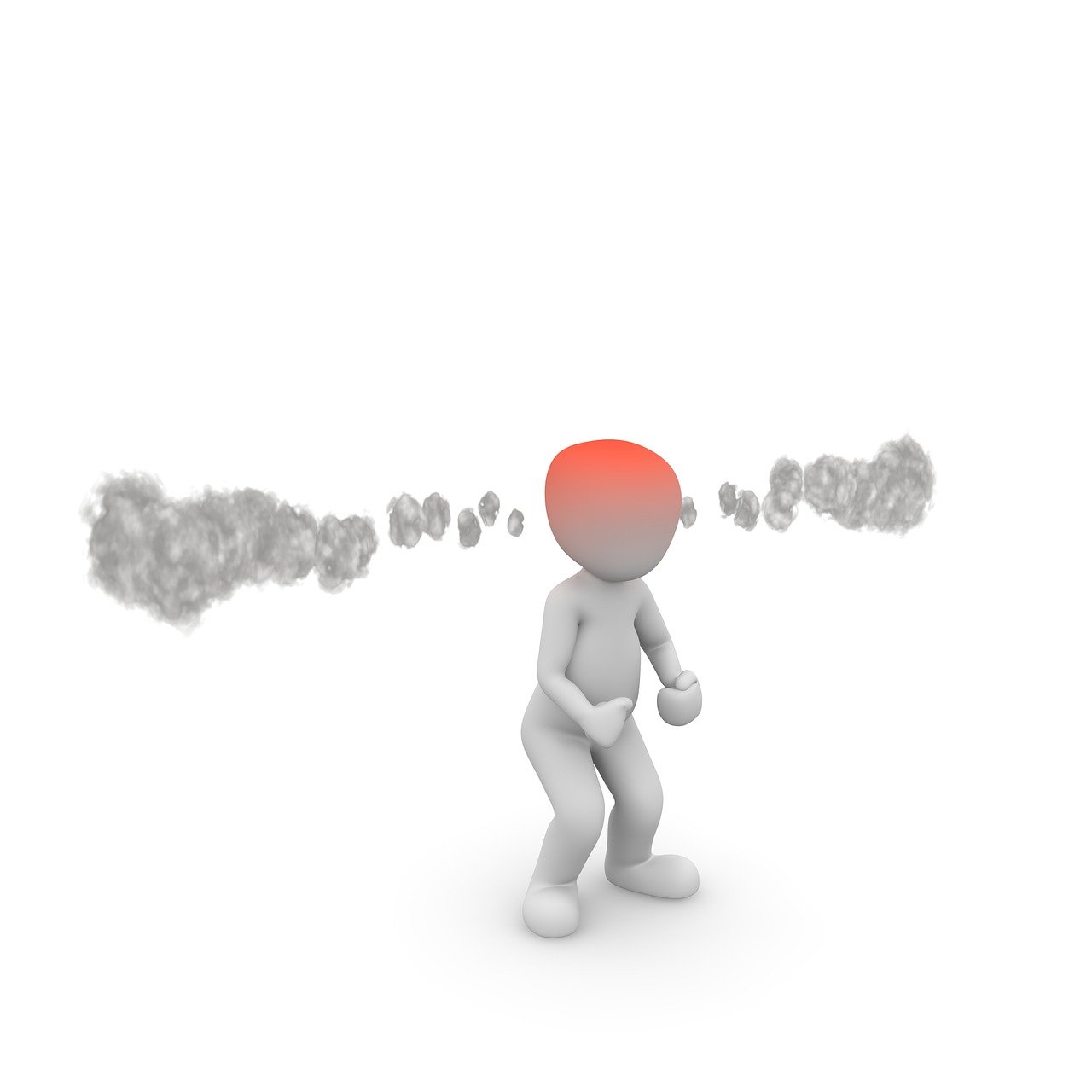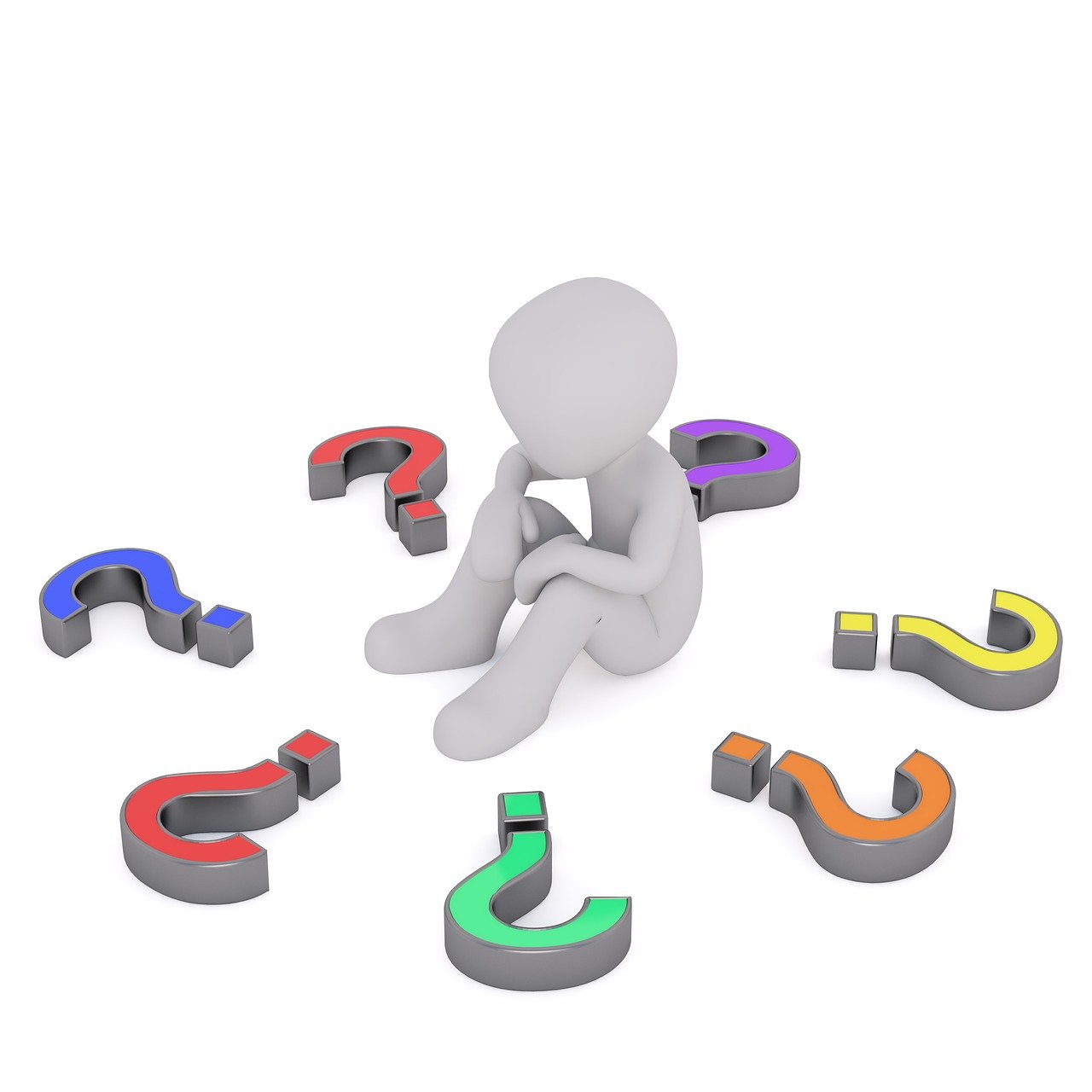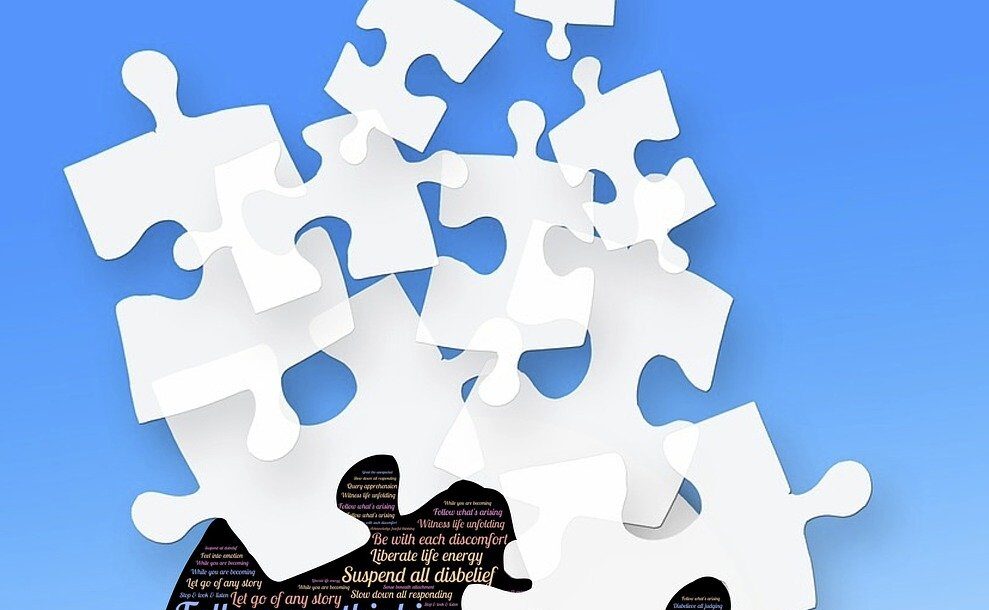It’s a phrase that might feel natural in the heat of the moment: “I wouldn’t have gotten so angry if you didn’t make me upset.” It shifts the focus of the conflict onto someone else, as if their actions forced your reaction. But is it really true? The short answer: no. Here’s why.
Emotions Are Yours, Not Theirs
While external events or someone’s behaviour can influence how we feel, emotions are fundamentally an internal response. For instance, imagine being cut off in traffic. One person might honk and scream, furious at the perceived insult, while another might sigh and move on. The situation is the same, but the reaction depends on the individual’s interpretation and emotional processing.
The same is true in personal relationships. If a friend cancels plans at the last minute, one person might feel deeply hurt and angry, interpreting the action as rejection, while another might shrug it off, assuming the friend had a good reason. The anger doesn’t come from the cancellation—it comes from the meaning assigned to it.
The Danger of Blame
The statement “You made me angry” suggests that your emotions are entirely caused by someone else’s actions. It absolves you of any role in managing your reaction, placing all the power—and responsibility—on the other person.
Imagine a couple arguing about housework. One partner yells, “If you didn’t leave your clothes everywhere, I wouldn’t be so angry!” On the surface, it might seem reasonable—disorganization is frustrating. But the truth is, the anger is about more than the clothes. It could stem from feeling unappreciated, overwhelmed, or ignored. Shifting blame for the reaction avoids addressing the deeper emotions driving the conflict.
Anger as a Signal
Anger isn’t just an immediate response to someone else’s actions. It’s often a signal of something deeper—hurt, fear, insecurity, or frustration. For example:
- A parent snapping at their child for not listening might actually be feeling overwhelmed and unsupported in their own life.
- A friend lashing out over a sarcastic comment might be carrying unresolved feelings of inadequacy or embarrassment.
- A partner exploding over a forgotten date night might be masking feelings of neglect or loneliness.
Blaming someone else for your anger shuts down the opportunity to explore these underlying emotions. Instead of resolving the conflict, it often leads to repeated arguments about the same issues.
Real-Life Examples
- The Missed Call
Imagine someone doesn’t return your call. You might feel angry, thinking, “They don’t care about me.” But is the anger about the missed call, or is it rooted in a fear of being unimportant to others? - The Criticism at Work
Your boss critiques your work, and you feel furious. The thought might be, “They’re so unfair!” But the anger could be masking deeper feelings of inadequacy or fear of failure. - The Ignored Text
You text a partner, and they take hours to reply. You feel the anger rise and think, “They don’t value me.” Is the anger about the delay, or is it coming from a deeper insecurity about the relationship’s stability?
Growth Through Self-Awareness
Recognizing that emotions come from within is a powerful realization. It doesn’t mean dismissing the actions of others or excusing harmful behaviour. Instead, it’s about understanding your reactions so you can respond thoughtfully rather than impulsively.
Anger can feel like a reflex, but it’s always a choice—even when it doesn’t seem like one. The more self-awareness you cultivate, the more control you gain over how you process and express emotions.
How My Therapy Can Help
If you find yourself in reactive patterns of anger, my therapy offers a space for genuine self-discovery. Together, we’ll uncover what’s beneath the surface—what that anger is truly trying to tell you.
We’ll explore your emotional triggers and the beliefs that might be fuelling your reactions. Why does a certain comment or behaviour upset you so much? What past experiences might be influencing your response? These insights are transformative. They allow you to move away from blame and toward understanding, creating space for real change.
The goal isn’t just to stop getting angry—it’s to grow from within, so your emotions no longer control you. The more you understand yourself, the more positive changes you’ll see in your relationships and in your life.
Anger doesn’t have to rule you. Together, we can transform it into a tool for growth, self-awareness, and deeper connection. The power to change starts here.




Leave a Reply